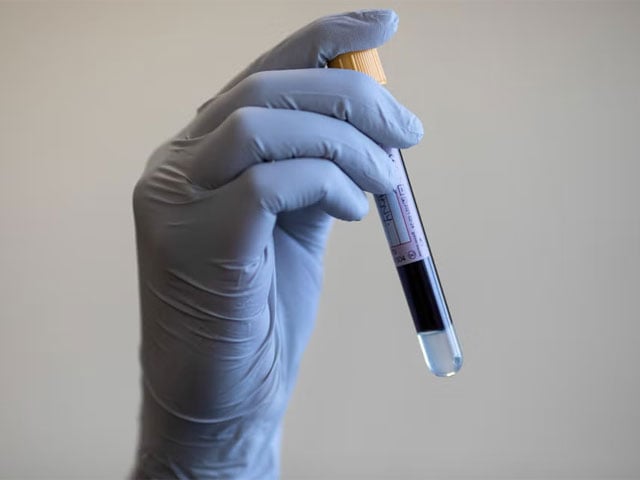Edinburgh: The use of a new highly sensitive blood test in the accident and emergency department could help to better diagnose and treat heart attacks and reduce the risk of further attacks or deaths in the future, researchers say.
In an experiment led by researchers at the University of Edinburgh in Scotland, using a new test to measure levels of troponin (a protein released into the blood after a heart injury) predicts heart attacks in patients over the next five years. Can reduce risks by up to 10 percent.
According to the researchers, the new test provided more accurate results than the previous version and benefited most in patients with heart muscle damage from conditions such as heart failure, heart valve problems and arrhythmias.
To determine the effectiveness of the test, the team of researchers examined the test results of nearly 50,000 people who attended 10 accidents and emergencies across Scotland. The men allegedly suffered heart attacks between 2013 and 2016.
The researchers used the Data Loach data service and followed all patients for five years.
Using the test, the team found that more than 10,000 people had elevated levels of troponin, a sign of heart injury.
(function(d, s, id){
var js, fjs = d.getElementsByTagName(s)[0];
if (d.getElementById(id)) {return;}
js = d.createElement(s); js.id = id;
js.src = “//connect.facebook.net/en_US/sdk.js#xfbml=1&version=v2.3&appId=770767426360150”;
fjs.parentNode.insertBefore(js, fjs);
}(document, ‘script’, ‘facebook-jssdk’));
(function(d, s, id) {
var js, fjs = d.getElementsByTagName(s)[0];
if (d.getElementById(id)) return;
js = d.createElement(s); js.id = id;
js.src = “//connect.facebook.net/en_GB/sdk.js#xfbml=1&version=v2.7”;
fjs.parentNode.insertBefore(js, fjs);
}(document, ‘script’, ‘facebook-jssdk’));



